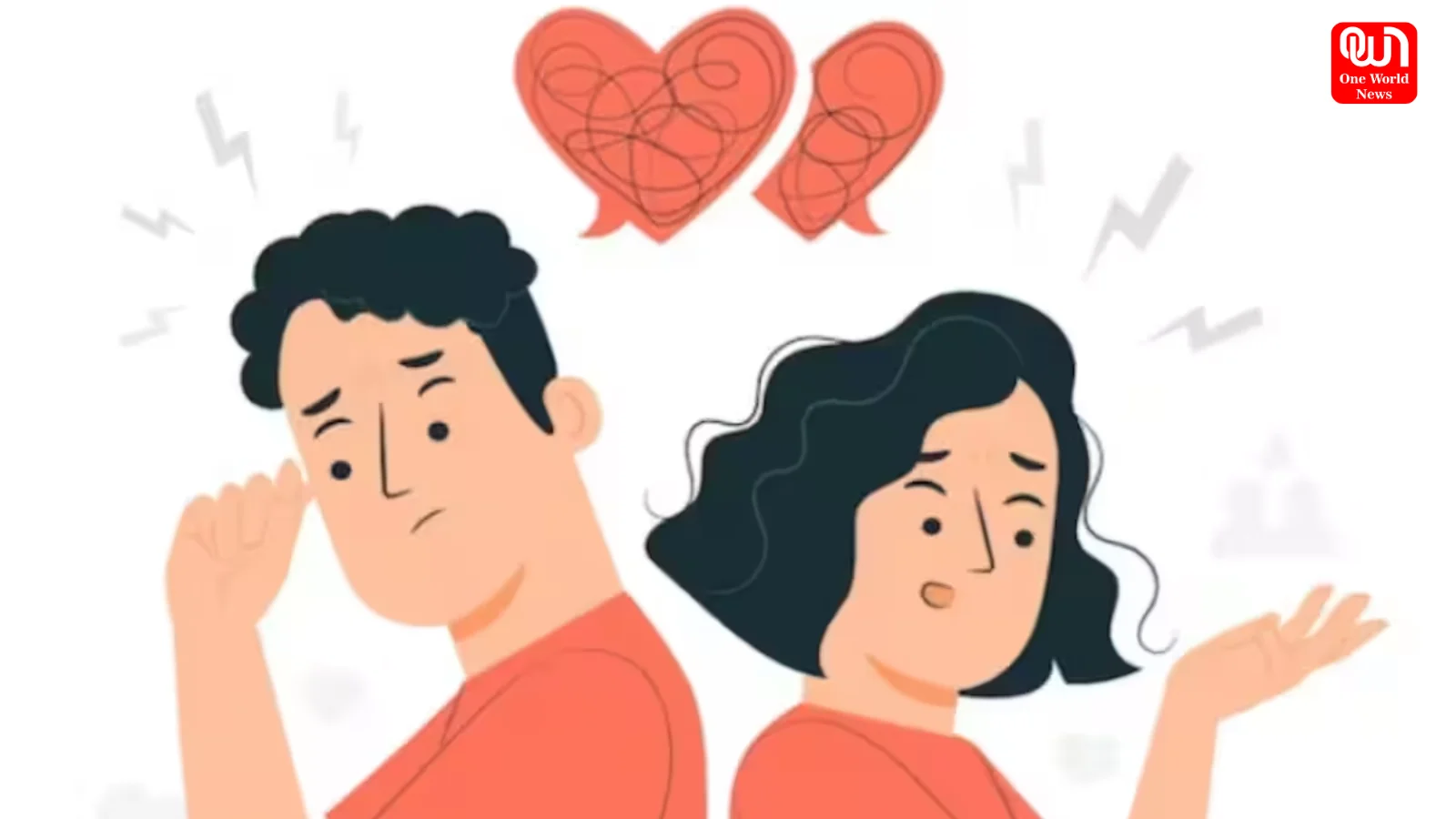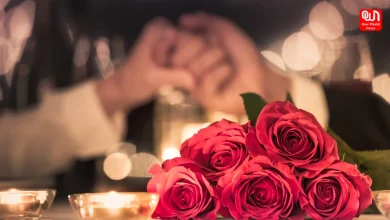The Rise of Situationships: How Gen Z is Redefining Commitment
Situationships are redefining modern dating for Gen Z, influenced by fear of commitment and emotional attachment in dating.
The Rise of Situationships: How Fear of Commitment and Emotional Attachment Are Reshaping Dating for Gen Z
The Evolution of Situationship Culture
Today, things in dating relationships have changed from being traditionally done. More and more young adults are turning up their noses at actual love relationships and engaging in what is termed as situationship culture. It is the space that is placed in between casual dating and a committed relationship. Unlike exclusive relationships that carry clear labels and expectations, situationships are undefined, often leaving both partners in a state of uncertainty about where things are headed.
For Gen Z, situationships are the new way of avoiding regular relationships, for they provide them with flexibility and freedom. Personal growth, career aspirations, and mental well-being have become so important that a lot of people are giving in to the pressure of long-term commitments. Being independent is an ideal thing to be in the world, but at the same time, connections without expectations will do.
While situationships may seem to offer the best of both worlds, it comes with a complexity, especially when emotions get involved. This modern approach to dating raises pertinent questions about emotional fulfillment, stability, and whether the fear of commitment is holding Gen Z back from deeper relationships.
Fear of Commitment in the Digital Age
One of the key reasons for the rise of situationships is the fear of commitment. Unlike previous generations, who saw relationships as a necessary step toward marriage and stability, Gen Z has been shaped by a different reality. Many have witnessed high divorce rates among their parents or relatives, leading them to question the longevity of traditional relationships. This has created a reluctance to dive into serious commitments, as many prefer to keep their options open rather than risk potential heartbreak.
The digital age has further contributed to this mindset. With the rise of dating apps like Tinder, Bumble, and Hinge, an overwhelming number of potential partners are just a swipe away. This paradox of choice—having too many options—has made it difficult for people to fully invest in one person. The fear of missing out on a “better” match often keeps individuals from settling into committed relationships, fueling a culture of casual, undefined connections.
Such platforms are very influential in shaping dating behavior. People compare their relationship to the highlight reel they see online, making it unrealistic. Instead of the real-life relationships with all their ups and downs, low-pressure situationship becomes an ideal choice: one gets to maintain emotional distance while sharing a host of benefits with someone.
Emotional Attachment in Dating: A Double-Edged Sword
Although situationships are often intended to be light and casual, many people encounter emotional attachment in dating. Both parties may accept the non-committal nature of the relationship in the beginning but gradually get attuned to emotions, bringing a disproportion to the equation. One person wants something more than a situationship, but the other finds comfort in the undefined dynamics of the relationship. It leads to confusion, heartache, and also resentment.
Situationships can also chip away at one’s mental health due to unclearness in their situations. The uncertainty of where things will lead in a relationship causes anxiety, insecurity, and emotional distress due to the constant worrying about one’s worth, questioning if someone cares for him or her or is just one among many options.
For those more emotional, situationships are hard because the parties don’t share an understanding of a future together in a committed relationship. It puts one person into a state of emotional limbo. It could result in overanalysis of interactions and feelings of emptiness in the end.
Read more: The Ultimate Guide to Dating &, Relationships for Gen Z
As Gen Z continues to defy traditional norms, the future of relationships is evolving toward a more fluid and flexible approach to love and connection. Situationship culture reflects a generation that values independence and personal growth just as much as companionship. For many young adults, commitment means something different now than it ever has before: they are rejecting societal expectations and creating their own relationship structures.
For people who go through situationships, self-awareness as well as open communication is a must. One can know if a situationship leaves one feeling emotionally drained or even if it is a fulfilling dynamic by being honest with their own needs and expectations. Differences in personal boundaries, prioritizing emotional well-being, and knowing the type of attachment make all the difference when negotiating modern dating.
At the end of the day, relationships—whether traditional or non-traditional—are about connection, mutual respect, and emotional fulfillment. While Gen Z may be redefining commitment, the desire for love, intimacy, and meaningful partnerships remains universal.
Faqs
What is a situationship and why is it popular among Gen Z?
A situationship is an undefined romantic relationship without clear labels, popular among Gen Z for its flexibility and lack of pressure.
Read more: Gen Z Redefines Modern Love With Authenticity And Independence Always
Why does Gen Z struggle with commitment in relationships?
Gen Z struggles with commitment due to fear of emotional pain, overwhelming dating choices, and prioritization of personal growth over long-term relationships.
Can situationships lead to long-term relationships?
Yes, situationships can evolve into long-term relationships if both partners develop mutual feelings and decide to commit.
Why do many Gen Z prefer situationships over traditional relationships?
Many Gen Z prefer situationships because they offer emotional connection without the rigid expectations and responsibilities of traditional relationships.
We’re now on WhatsApp. Click to join.
Like this post?
Register at One World News to never miss out on videos, celeb interviews, and best reads.








